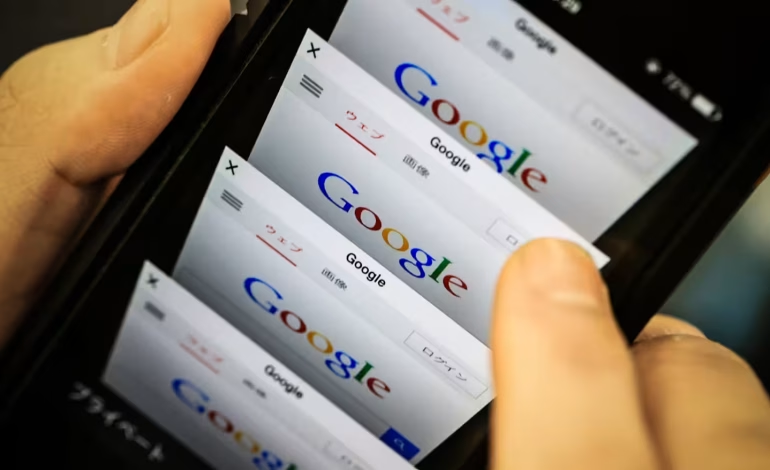Just ahead of crucial trade negotiations with the US this week, Japan’s Fair Trade Commission (FTC) has ordered Alphabet Inc.’s Google to cease alleged abuse of its market power over local smartphone manufacturers, Bloomberg reports.
The FTC’s ruling reaffirms its previous findings that Google exploited its position as the provider of the Google Play app ecosystem, the only viable alternative to Apple’s App Store, to improperly force Japanese phone makers to prioritize Google apps and services on their devices. The regulator alleges that Google’s actions stifle competition and harm local businesses.
The announcement comes at a sensitive time, as Economic Revitalization Minister Ryosei Akazawa is scheduled to visit the US this week to seek relief from President Donald Trump’s tariffs on Japanese products. The FTC’s action also follows a complaint from the Office of the US Trade Representative, which argues that Japan’s Digital Platform Act disproportionately affects American companies and undermines their competitiveness by increasing compliance costs.
While the US maintains a goods deficit with Japan, it enjoys a surplus in services, including licensing fees for Android’s app ecosystem and advertising revenue. Last year, the US sold over $45 billion in seasonally adjusted services to Japan.
According to the FTC, Google allegedly capitalized on the struggles of Japanese smartphone makers, including Sony Group Corp. and Sharp Corp., to maintain market share in a country dominated by Apple’s iPhone. The regulator claims Google demanded these manufacturers bundle the Chrome browser and prominently feature it on each handset’s home screen. The FTC asserts that manufacturers complied due to the indispensability of the Google Play app ecosystem for offering phones that can compete with Apple’s handsets.
The FTC also found that Google offered to share ad revenue with device makers if they agreed not to preload search engines from its rivals. This practice aligns with Google’s strategy of prioritizing its search service on new phones, as evidenced by its billions of dollars in payments to Apple to secure that coveted spot on iPhones.
Japan’s cease-and-desist order marks the country’s first such command to a leading US tech firm, joining a growing global trend of regulatory scrutiny of big tech companies. The EU has previously rebuked both Google and Apple for allegedly employing illegal tactics to dominate mobile software markets, while the US Justice Department is contemplating forcing Google to divest parts of its business following a court ruling that the company illegally monopolized the search market.
In December, Google expressed disappointment in the Japanese watchdog’s conclusions and stated that it has proposed solutions to the regulator.










The latest news in your social feeds
Subscribe to our social media platforms to stay tuned